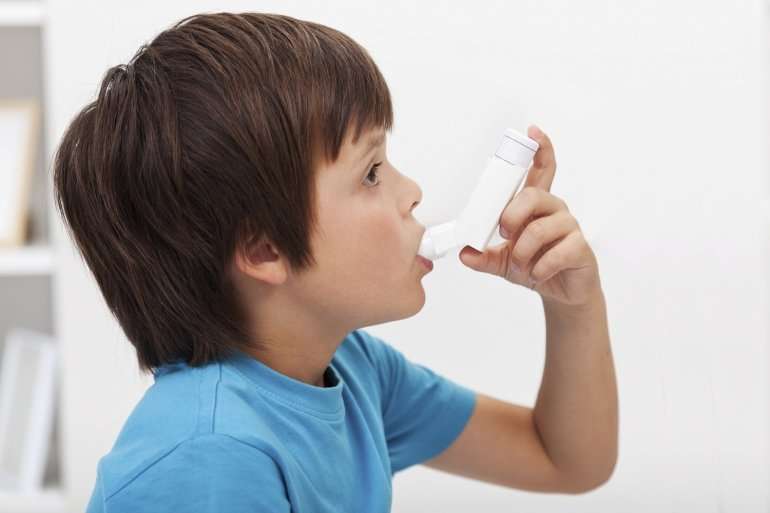Analysis of 32 studies shows preschool, daycare do not raise asthma risk

A study that involved combing through more than 50 years of data to assess the link between asthma and daycare and preschool attendance may provide welcome reassurance to working parents. Early child care does not boost children's risk for developing this common respiratory disease, according to the study led by researchers at UCSF and UCSF Benioff Children's Hospital San Francisco.
In fact, attending a child care facility is protective of asthma in children ages 3 to 5, lowering their odds of developing asthma by 34 percent, the authors concluded in the study publishing April 9, 2018, in the Journal of Asthma.
However, the results weren't all good news, noted senior author and pediatrician Michael Cabana, MD, MPH, chief of the UCSF Division of General Pediatrics. While early child care did not increase asthma risk in children aged 6 to 18, its protective effect was not sustained in this age group. Additionally, in tots aged 2 and under, child care was associated with nearly twice the odds of wheezing, the whistling or rattling sound when breathing that may be due to the smaller airways of very young children in combination with a viral infection.
In the meta-analysis, Cabana and first author Alicia Swartz, a Ph.D. candidate in the UCSF School of Nursing, assessed 32 peer-reviewed studies published from 1964 to 2017. The papers looked at the incidence of asthma and wheeze as reported by parents and/or medical providers of children attending child care, defined as any out-of-home program offering care and education in the pre-kindergarten years.
'All that Wheezes is Not Asthma'
"The early benefit of child care exposure can potentially be explained by the hygiene hypothesis," said Cabana. "This theory suggests that lack of exposure to infectious diseases commonly found in child care settings may decrease the risk of allergic diseases, including asthma."
The increase in wheeze in children ages 2 and under may not be of particular concern, Cabana said. "There's a saying that 'all that wheezes is not asthma.' Wheeze is a common presentation of viral airway infections that is seen frequently in young children in child care. Bronchiolitis, for example, is found in up to one third of children 2 and under. But it doesn't necessarily lead to asthma."
While asthma may be suspected in tots and preschoolers, the disorder is not usually diagnosed until after age 5, due to the similarity of symptoms with other childhood conditions.
The study's results affirm some earlier studies and contradict others. "While it would not be accurate to describe the findings of this meta-analysis as definitive due to the heterogeneity of the studies reviewed," said Swartz, "we hope it will provide some reassurance to working parents."
The number of children in child care is rising. In 1993, 52 percent of preschool-aged children were enrolled in a child care, according to the United States Census Bureau, versus 61 percent by 2011.
Asthma affects approximately 8 percent of children and teens, according to the Centers for Disease Control and Prevention.
More information: Alicia Swartz et al. The effect of early child care attendance on childhood asthma and wheezing: A meta-analysis, Journal of Asthma (2018). DOI: 10.1080/02770903.2018.1445268



















